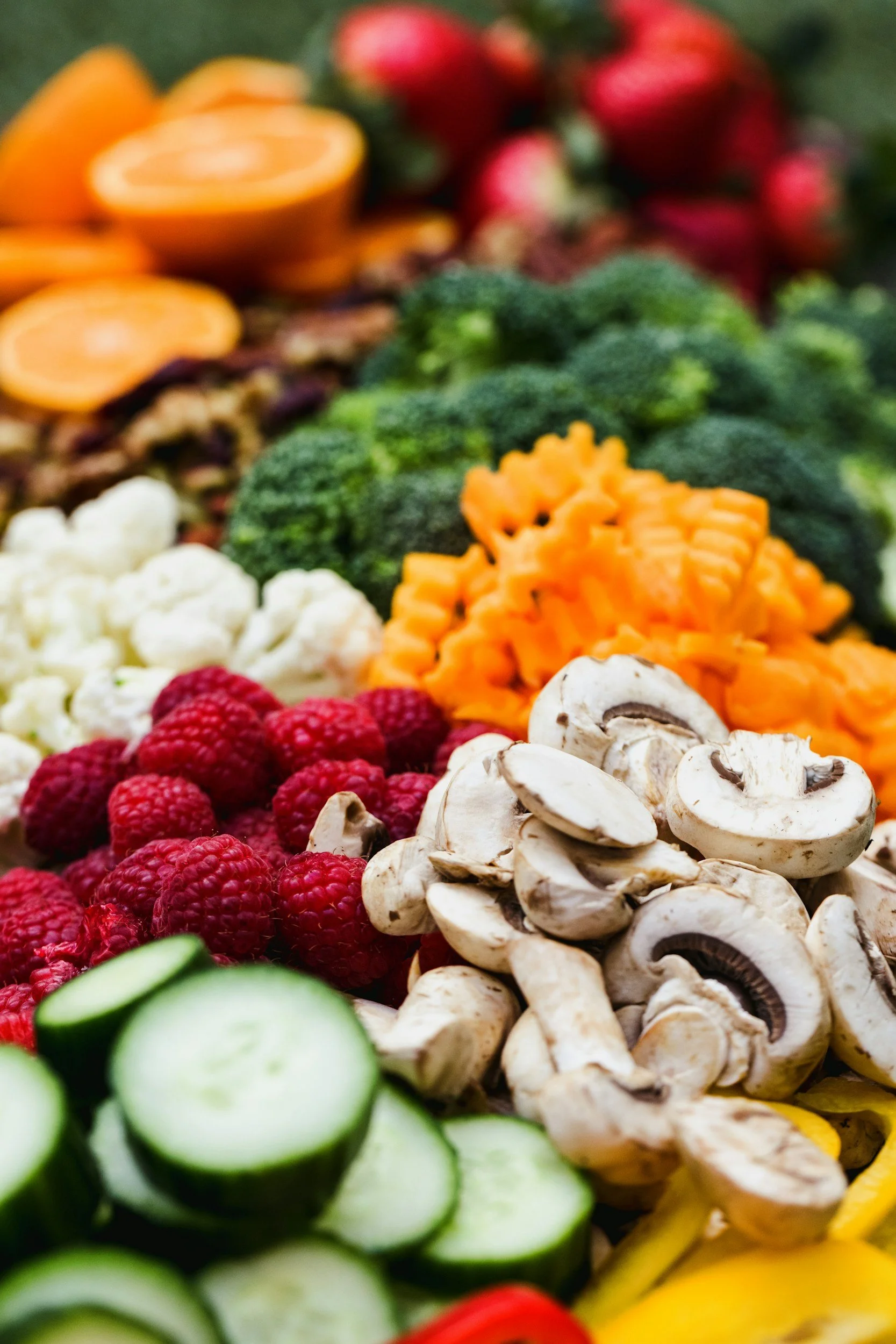Why I don’t recommend getting your protein from plants (especially plant-based protein powders) 🥬
Unless they’re adamantly vegan, I always steer my clients away from trying to fulfil their protein needs with plants, especially plant-based protein powders.
And it’s not that I don’t LOVE me some plants! My partner teases me about my LOVE of vegetables. 😍🥦
I am, after all, a tree-hugging nature lover and environmentalist at heart who frankly wishes most humans didn’t need to eat animal products to be healthy…
But genetically, that’s not reality for most of us.
And actually, it appears that only about 2.8% of people are genetically well suited to a vegan diet, according to a 2003 study of >300,000 people (UK Biobank). Hmmm.
So why not just fill up on plant proteins and Vega shakes? Here are a few good reasons:
1. Our bodies can’t use it nearly as efficiently to make and repair tissues. This is partly because plant proteins are made up of very different RATIOS of amino acids compared to animal proteins, and this limits our ability to use them efficiently to create new proteins, tissues, etc. Many plant proteins aren’t “complete” as well, meaning they don’t contain all of the “essential amino acids” we humans can’t make on our own and need to get from food.
2. Plant proteins aren’t as digestible. Partly because they come with fibre, which can inhibit our ability to access them, and partly because they have amino acids humans can't absorb, including some which can cause inflammation or irritation in the gut. I personally don’t digest the veggie protein powders well - almost every one I’ve ever tried has made me gassy and/or bloated. Hawt.
3. More contaminants in vegan protein powders. Studies show much higher levels of toxic metals - like lead, cadmium and arsenic - and other contaminants in plant-based protein powders. This is thought to occur because plants to absorb metals from the soil they’re grown in (made worse by contamination from pollution, industrial waste, and some pesticides and fertilizers. Plus, to extract protein from plants (which don’t really contain much protein comparatively), companies need to use intense chemical extraction processes, which can mean more of those chemical byproducts end up in the finished product.
Whole food vegetarian sources of protein are absolutely fine and can be a great source of protein in the diet - stuff like beans, quinoa, legumes, etc - but it’s tricky get enough protein from them alone.
That said, plant-based eaters can optimize their protein intake by:
Consuming a larger quantity of total protein to compensate for lower quality.
Diversifying plant-based protein sources to create complementary amino acid profiles.
Supplementing with plant-based protein isolates or concentrates.
Just leave out the Vega and other weird, plant-derived powders. 😬
Instead, if you want to supplement with protein powder, stick to whey protein isolate (well tolerated even by those who can’t do dairy!) or even essential amino acids (great but taste weird). Collagen is not a complete protein, so not one to rely on heavily, but excellent as part of an array of proteins in the diet.
Enjoy your lovely meat, cheese, eggs and dairy (if it works for you), friends.
Like this? Please share it with anyone who you think could benefit follow my social channels @drmarypines. I read all your comments, and appreciate your engagement very much!
If you’re a woman in her 40s who wants to go deeper and get my personal help to transform your health, balance your hormones and ignite your metabolism the healthy, lasting way, check out my Better Beyond 40 Formula program. This video will give you a sense for what you can learn, and towards the end, you’ll see an option to book a free call with me so we can chat about what’s holding you back and come up with a winning plan for your success moving forward.
❤️


